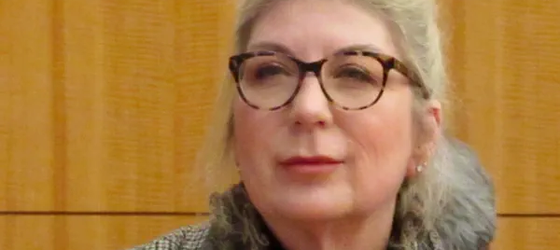Privacy, Identity and Trust in C2PA
This report is a technical review and analysis of the C2PA technical framework that connects digital media content such as images, video, audio and documents to data about the origins of and changes made to that content. C2PA is designed to undergird media infrastructures with detailed, automated, encoded and shareable data and trust signals about media and its creators. In its analysis of C2PA, this report considers and discusses C2PA use cases and interactions with data privacy, identity and trust in digital information ecosystems. C2PA is an abbreviation for the Coalition for Content Provenance and Authenticity, which developed the framework.










